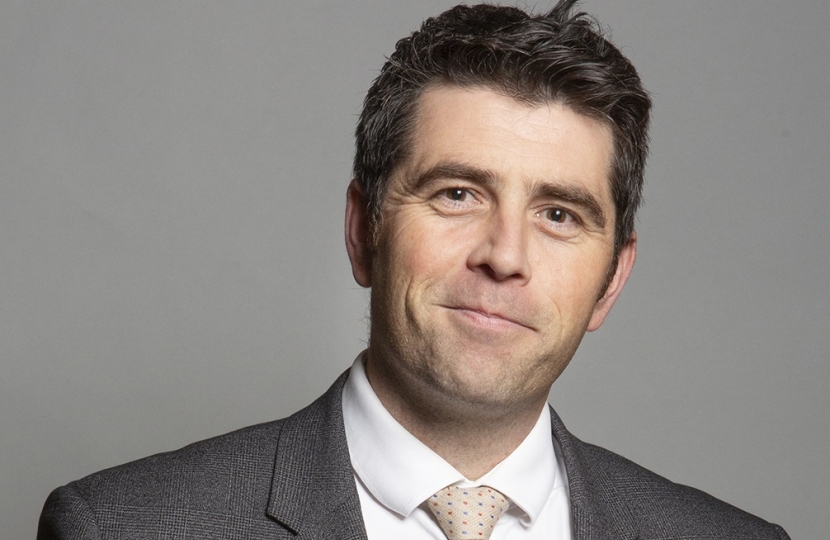
We are an island nation and our seas are integral to our history. Some individuals have told me time and again that fishing is a tiny part of the UK's GDP. What they failed, and continue to fail, to understand is that fishing and the fishing fleet are the beating heart of communities like mine.
As we move away from the disastrous common fisheries policy and embrace our first Fisheries Bill in 45 years, we can support ambitious new fisheries management plans that put the environment, data-led fish stock management and economic benefits for coastal communities at the centre of the legislation. In fact, it is rather ironic —on today of all days—when Parliament’s roads have been closed by Extinction Rebellion activists, that it is this Government who are delivering and creating the most environmentally friendly and sustainable Fisheries Bill that this country has ever seen. A healthy, managed fishery is the basis of a profitable fishing sector, which is particularly important in a mixed fishery like the one off the north Cornwall coast. Real-time data recording and a science-led approach not only means that fish are given the space to grow, from juvenile fish to adult fish, and are then able to breed and support sustainable stocks. A real-time data-driven approach has many much wider benefits for communities such as mine. Restaurants and pubs can take advantage of knowing what will be landed on any specific day and use that to adjust their menus.
I am pleased to see the introduction of fisheries management plans. No two fisheries are identical, and stocks on the North Cornwall coast are not identical to those caught on the south coast. A local approach is often required, and we can deliver that outside the common fisheries policy and the European Union. The Bill facilitates a move away from the European Union and respects our rights under the UN convention on the law of the sea to be an independent coastal state and decide who fishes our waters—a commitment made to the British people, and a commitment delivered.
I welcome the broadening of the grant-making scheme to support the industry, which will have to be helped to get back on its feet from after we entered the EU. Being able to tender quota locally will help ensure fishermen’s economic security at a time of much change. This is a once-in-a-generation opportunity to shape our industry, which has been left out in the cold under the common fisheries policy, and I want to see that happen from day one.
Under the common fisheries policy, we saw the repulsive practice of electronic pulse fishing encouraged. That method of running an electric current through a pole on a seabed has single-handedly destroyed fragile marine environments and ecosystems. There are fisheries that are deserts because of that practice, and it needs to stop under this British Fisheries Bill. Furthermore, the introduction of marine protected areas will see a much wider array of seagrasses, which will help with our carbon reduction ambitions as a Government and meet our climate commitments.
There are, however, some points that I would like to raise with the Fisheries Minister. It is my belief that gill nets should be standardised to include pockets to let juvenile fish escape. Fish stocks have collapsed, and that has come about because juvenile fish have been caught up in these nets, and that practice should stop. While I am delighted to see angling recognised in the Bill, I call on the Department to allow recreational fishing in marine protected areas and to rethink this. Angling is not and has never been the reason for stock decline. I agree with the shadow Secretary of State on bluefin tuna fishing catch and release, which DEFRA should be considering. Such changes could create large economic benefits in coastal communities, and I ask DEFRA to look at that closely. I also plead with the Minister that, if there is a redistribution of quota or distribution of extra quota, it is to the inshore fishing fleet.
In conclusion, a sustainable harvest is our objective outside the European Union’s disastrous common fisheries policy. This Bill goes above and beyond what I considered possible under our own fisheries Bill, and I am happy to give it my full support on behalf of the residents of North Cornwall.


